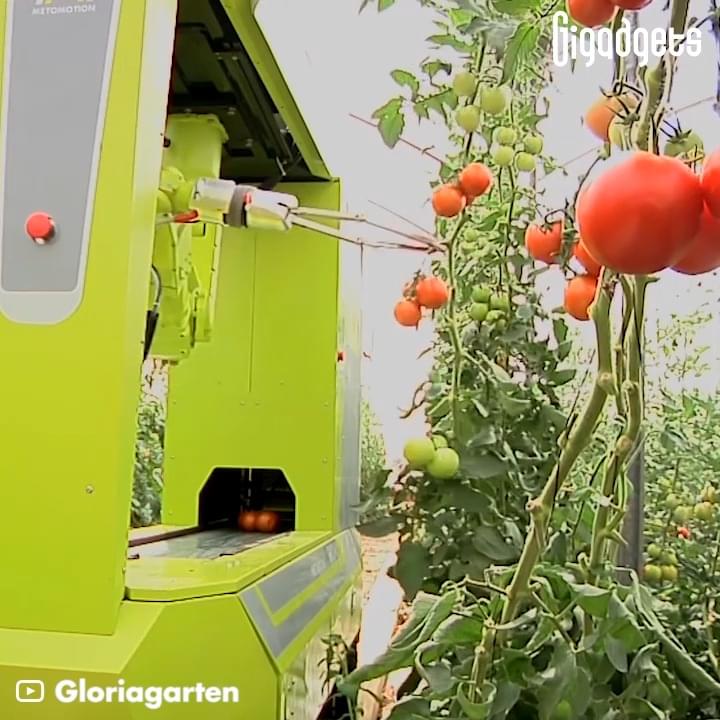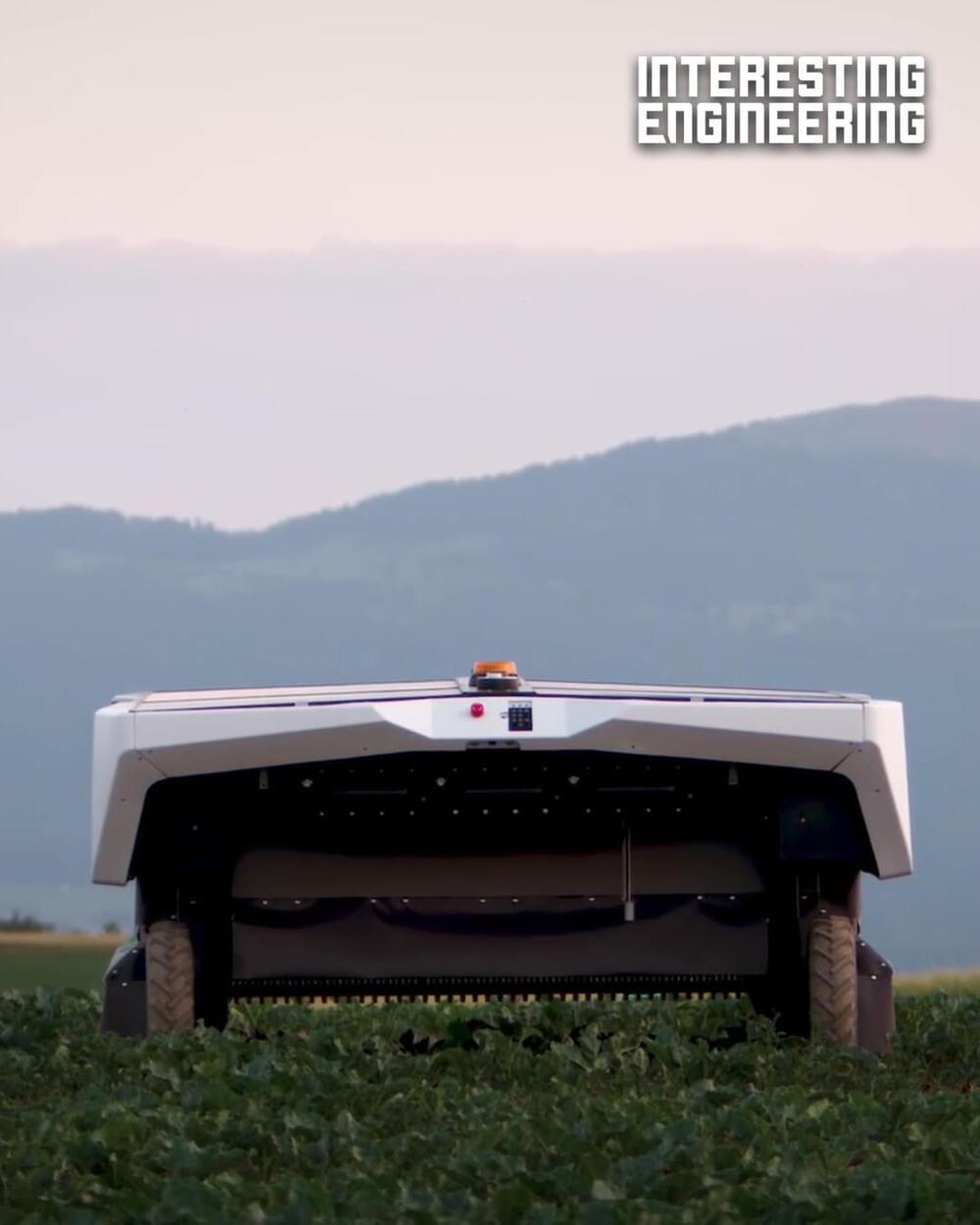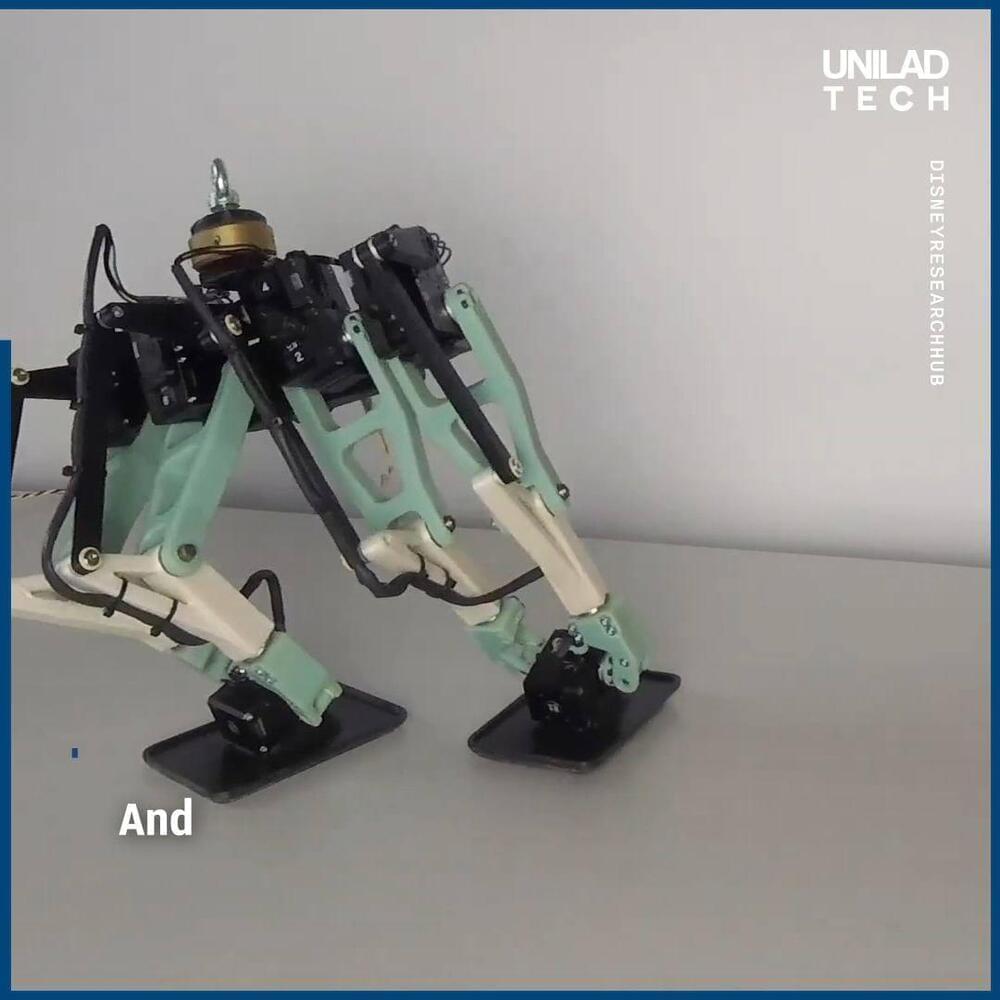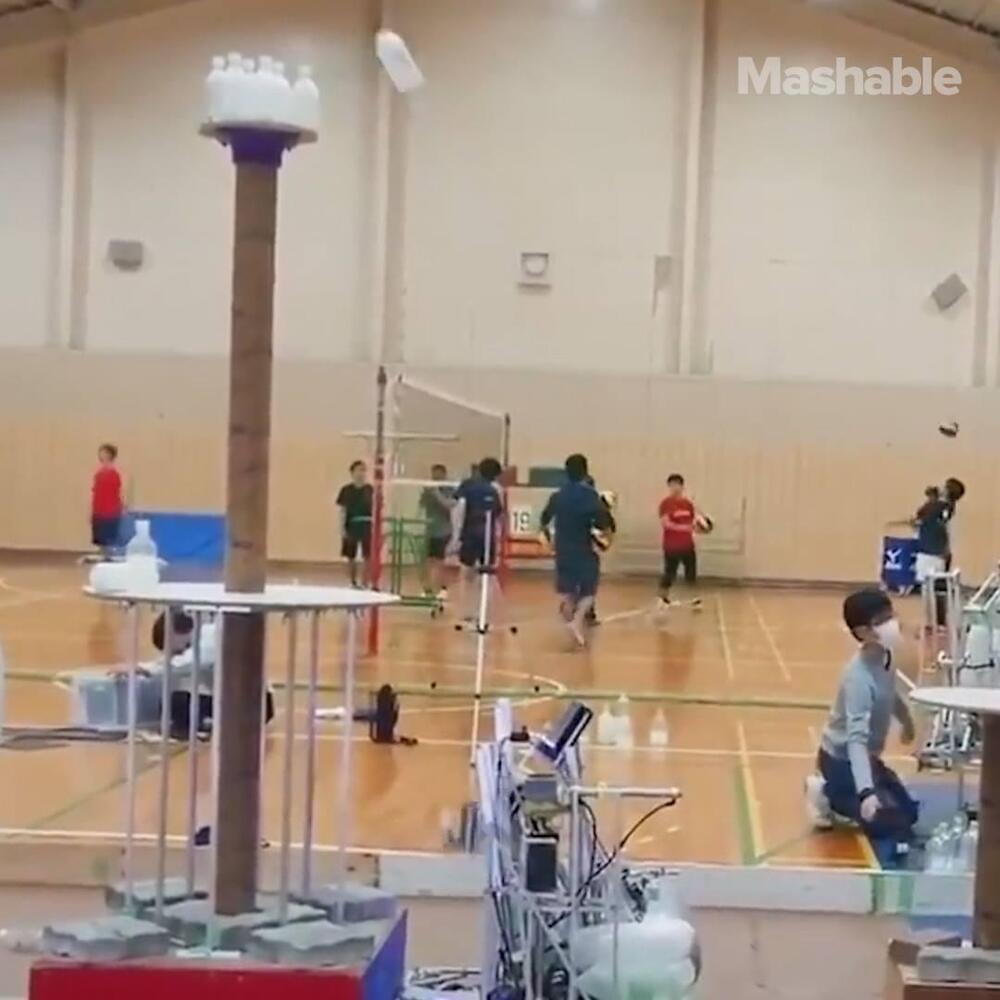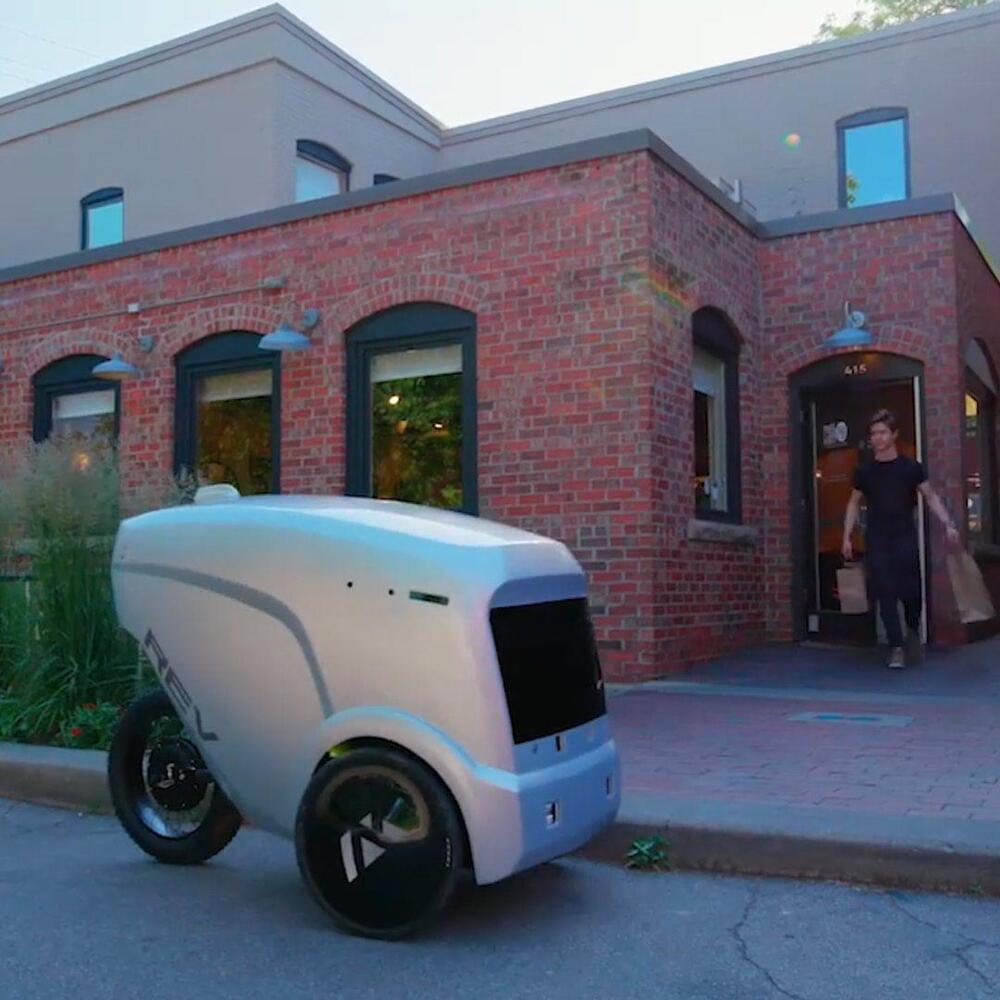New Gato AI is ‘generalist agent’ that can carry out a huge range of complex tasks, from stacking blocks to writing poetry.
Human-level artificial intelligence is close to finally being achieved, according to a lead researcher at Google’s DeepMind AI division.
Dr Nando de Freitas said “the game is over” in the decades-long quest to realise artificial general intelligence (AGI) after DeepMind unveiled an AI system capable of completing a wide range of complex tasks, from stacking blocks to writing poetry.
Described as a “generalist agent”, DeepMind’s new Gato AI needs to just be scaled up in order to create an AI capable of rivalling human intelligence, Dr de Freitas said.



